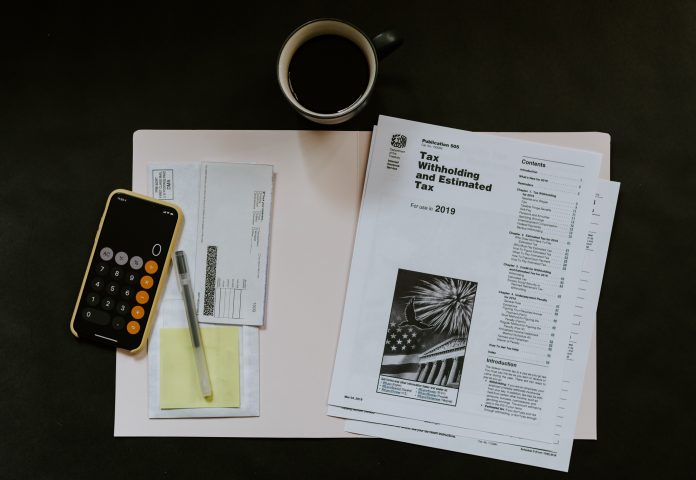The Nigerian telecommunications sector must have nine lives. No, it is not a cat. It is however almost always in a near constant mortal struggle with the forces that be – read, government and its agents. The fact that it’s still here means that it has somehow managed to survive, remained sustainable and even dared to thrive. It is a phenomenon that ought to be studied.
Every indicator shows that the telecom sector remains the bright spot in the nation’s weak economy. It drives socio-economic development, boosts productivity and contributes to improving the lives of citizens like no other sector.
The COVID-19 pandemic impacted negatively on the global economy by precipitating lockdown and economic disruptions with transport, tourism and aviation sectors tumbling. The telecom sector however continued to “buga”. It saw an increase in voice service and massive growth of digital channels for daily routine activities ranging from telecommuting to entertainment and social engagements. The sector witnessed the growth and saw huge profits as financial reports from major operators show.
The Nigeria Telecom sector is a gift that keeps on giving. It has witnessed strong growth in recent years and is expected to have continued growth over the foreseeable future. The growth in the sector, according to industry watchers, has been driven by the increasing population, growing demand for communication services, and rising adoption of smartphone services. Some experts have pointed to strong support by the regulatory authorities which in recent times has led to the licensing of the 5G network in the country – a feat some have called the first in Africa.
Investors in telecom operations are smiling at the bank. It is not surprising therefore that everyone wants a piece of the action, even the government.
It must be stated that the government collects the value-added tax, annual operating levies, licensing fees and duties among others. This is in addition to all the other statutory taxes including PAYE and withholding tax.
Now, there are reports that the Finance Minister, Zainab Shamsuna Ahmed, is actively pushing for another tax, a five per cent excise duty on telecoms services. Most right-thinking Nigerians, including, interestingly, the Minister of Communications and Digital Economy, Prof Isa Ali Ibrahim Pantami, have kicked against it. If a recent news report is to be believed, the finance minister is not backing down.
If the government is keen on milking the telecom sector, it should at least step up on its behalf and help tackle some of the long-standing issues that have held the sector back.
The challenges are not new. Many of them have plagued the sector since the liberalization of the industry. Industry experts are quick to point out the fact that these challenges are also opportunities when viewed through the right lenses.
Here are seven of the most pressing challenges, with what I hope are feasible solutions. The government should give it a look-in if doesn’t want to kill the goose that lays the golden egg.
Difficulty in accessing long-term funds for the industry – The government must hasten to establish an ICT Bank. While it should be in the mould of the Agricultural Bank, it should operate like a venture capital entity. So, after due diligence, the ICT Bank will invest in tech starting with a clearly stated exit /pull-out date. I propose an initial take-off grant of N200 billion naira only.
Right of way – The goal of the right of way policies should not be revenue generation but to facilitate the speedy deployment of telecom infrastructure. In the short term, states can take a leaf from Ekiti State which reduced telecom’s right of way charges by 97 per cent. For the long term, states should install road ducts on a build-and-lease basis. The federal government can set an example here by installing ducts on all new federal roads and leasing to operators based on an agreed realistic billing scheduled for usage.
Multiple taxations – Again, governments at all levels, need to stop seeing telcos as only cash cows. Efforts must be towards proper harmonization of taxes and levies and so make it uniform across every state and locality. This will undoubtedly aid the planning and deployment of services by operators.
Energy challenge – Yes, the telcos knew that Nigeria had a power problem when they paid for licenses in 2001. But who could have imagined that the issue will persist unresolved, for this long? Currently, the logistics of ensuring round-the-clock availability of power is a nightmare that keeps whole teams awake many a night. A straightforward solution is the establishment of energy parks to serve critical infrastructure. QED!
Local content – Some progress has been made here, especially through the National Office for Technology Acquisition and Promotion (NOTAP). To move forward the government and other corporations need to host local content locally. As a corollary, Nigeria must urgently adopt the doctrine of data sovereignty.
Multiple regulations – This is another problem that is almost as old as the industry itself. The NCC has done a lot of work here. Nigeria must explore a converged regulatory regime as the way out.
Capacity building – Human resources have always been an issue but the recent increase if the rate of migration has made it a mini-crisis. The Nigerian Universities Commission (NUC) and the NCC have their work cut out for them – bridge the gap between academia and industry via curriculum reform involving the industry and internships.
I’ll be the first to admit that these problems and solutions are not exhaustive. The NCC may want to consider calling a stakeholder forum to deliberate on the problems and proffer solutions. The white paper produced can now be the basis of engagement with the government and its relevant agencies.
For the government, the focus should not be only on sharing the existing telecom cake, but also on helping the industry bake a bigger cake.
Writtern by Elvis Eromosele, a Corporate Communication professional and public affairs analyst in Lagos.
















